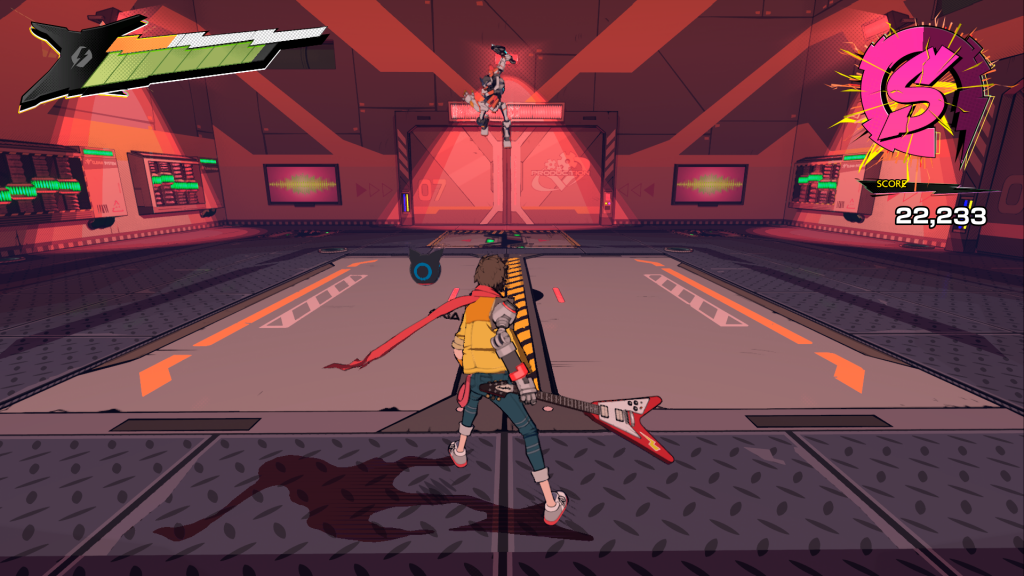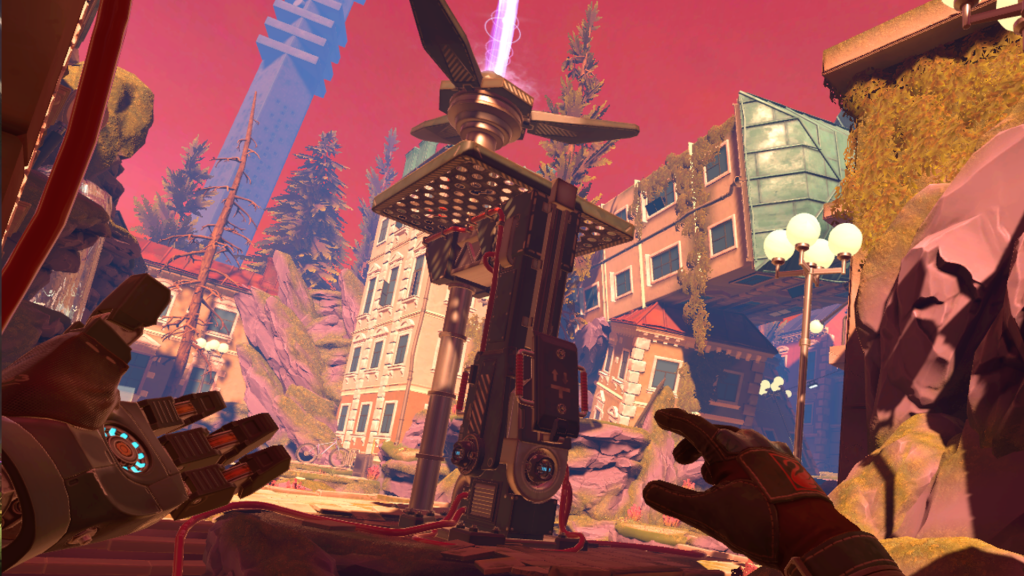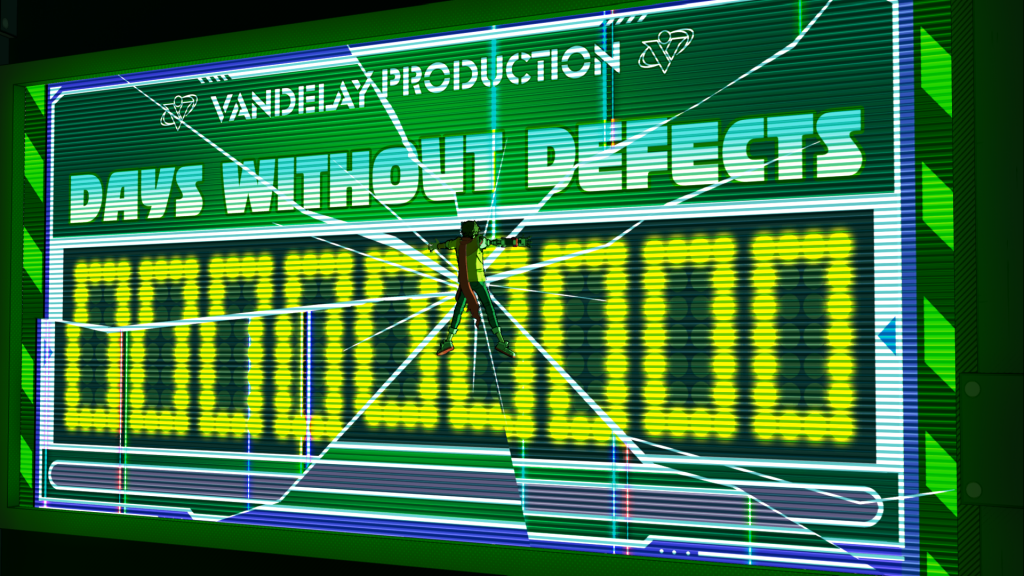Apex Legends, Tetris 99, HiFi Rush. What do these games all have in common?
All of them were crafted in secret and launched as soon as they were announced. Often called “Shadow-dropping”. These are games that seemingly just came out of nowhere, or just slinked out of the shadows and dropped onto our laps.
I think more specifically, these particular titles are examples of how successful a game can be without any kind of marketing push. In many ways, shadow-dropping can seem like the ideal way to launch a game.
Let’s compare launch styles and see if we can determine if shadow-dropping a game is the best way, forwards.

The “traditional” launch
When you think of those big triple-A titles coming out. What does that look like?
The opposite of shadow-dropping, quite literally. Here, titles are cast under the spotlight, sometimes before development even begins. Big publishers are so keen to build up hype for those beloved franchises, that we get some information before a game is even in active development (not always, of course!).
Straight away, expectations are being built by the player base. Months and years can pass, sometimes with no further information, sometimes with a slow and steady drip of content.
Screenshots, “leaked” gameplay, press events, and release dates announced. Big games get massive marketing pushes. Billboards, buses, TV adverts, radio. You name it, these games are released directly under the spotlight. This, of course, works. But is it to the benefit of the game?
Suddenly developers are being quizzed, found online and pressured for details. If a game comes out below the expectations of the audience, it can become nasty. These bright lights are the total opposite of shadow-dropping, and whilst there are certainly benefits, we’ve seen it go awry so often, you have to wonder if it’s truly worth it.
Look at Cyberpunk 2077. I love that game, but I didn’t start it until six months after release. So much hype, so much press and advertising. Keanu Reeves, glossy promos, the lot.
Then, a buggy mess that needed more time to be made…..
Why release a buggy mess? Aside from shareholder expectations (a major factor in a lot of rushed releases), they’d set a release date, moved it, set it, moved it, set it and eventually had to commit. You would think this would be to save face, but ultimately it made things worse and CD Projekt Red has been on the back foot ever since.
Of course, not shadow-dropping works, otherwise we wouldn’t see it. Those massive flagship titles like God of War, Zelda and Mario of course get the budgets, but the developers have the money and time to apply the polish, too. CD Projekt RED was somehow bucking this trend…….
Big game = big budget = big sales expectations. If you’re investing all that money, you want it back in sales, and then some. Bill Gates is famously misquoted by saying that if he had $1 left in his business, he’d spend it on marketing. More eyes on the product, more people know about it and hopefully, more people buy it!

Shadow-dropping
Remove all the spotlight. Developers are left to it, with no public eye scrutinising screens and videos. People aren’t being hounded during development by over-eager fans.
Vision isn’t being compromised based on the latest numbers back from focus testing and advertising. Suddenly Shadow-dropping seems ideal.
Sure, internal deadlines, testing and feedback all come into play. But if the world has no preconceived (perhaps misled?) notion of what to expect, you can’t have people upset at what you release.
Absolutely, people can still not like a game that’s shadow-dropped, but that’s more likely to be based on the actual content, not expected content.
The drawback of course is that some of these games may never see the light of day and we’d never know. So some developers can’t see a full game through to release. Perhaps a game is shadow-dropped and nobody cares. They didn’t do the marketing and build up the hype, so nobody is interested.
There are plenty of games that are perhaps victims of this kind of release.
But if we put sales aside for a moment (unrealistic, I appreciate that), surely not having to hype up and then manage the expectations of millions of people is better? You can’t please everyone, and everyone develops their own narrative of what a game is “supposed” to be. Get rid of that.
If you’re not disappointing people, they’re less likely to be upset. So the (bloody stupid) death threats to developers and their families disappear, too, right? Well, I would guess shadow-dropping would at least mitigate it substantially.

Is there a good way?
There’s a lot of conjecture above, and I’d say we haven’t seen enough shadow-dropping to really conclude it’s “better”, more, it seems like the ideal situation for someone making a game. Calmer development and being able to do something without massive expectations is absolutely a better way, right?
If it doesn’t get announced at the right time, in the right way. Will you get those numbers, though? Will you see the income for all your hard work?
Shadow-dropping is great when it pays off. Big marketing pushes can get those sales, even if a game is bad.
It seems to me that a good mix of the two is a way forward. Stop over-setting expectations and over-hyping a game. Maybe pull back a little on the information being released. Manage expectations and give developers a fair crack at making the game they want to make.
Easy, right?
Click here for more Opinion Pieces like this.